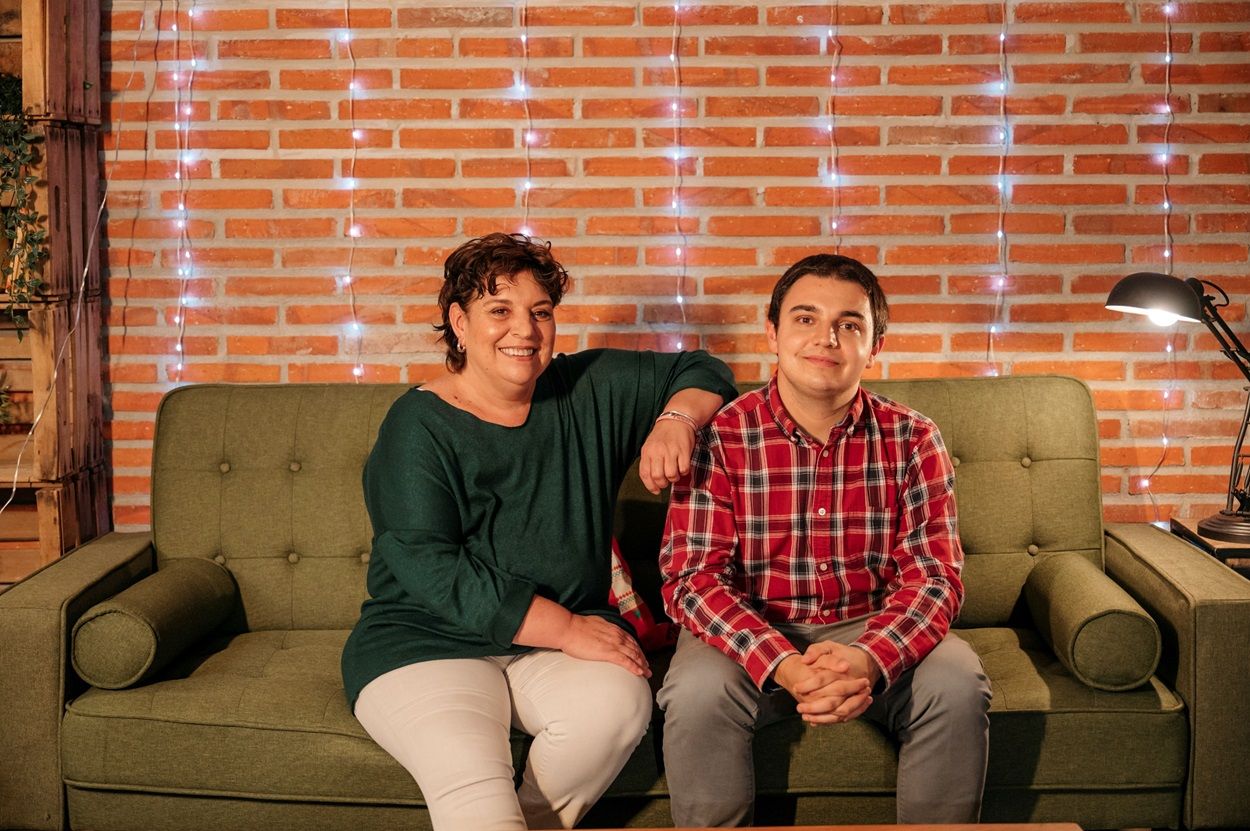The end of the year invites reflection and thinking about the future, especially for those facing vulnerabilities. In this context, the Vulnerability and Employment Observatory of the Adecco Foundation, with the support of Smurfit Westrock, has conducted a survey with 310 people with various disabilities. The aim of this study is to gather their wishes and expectations for the year 2025, and the results show that housing and employment are the main priorities for this group.
Although the labor inclusion of people with disabilities has shown progress in recent years, data from the National Institute of Statistics (INE) reveal that in 2022, a record of 538,717 workers with disabilities was reached in the labor market, representing a significant increase compared to the 346,600 recorded in 2013. However, this improvement is insufficient, as an overwhelming 72.9% of new contracts are generated in protected employment, not guaranteeing access to the regular job market.
Statistics show a substantial gap in the activity rate of this group: only 35.3% of people with disabilities participate in the labor market, compared to 77.7% of those without disabilities. Despite the improvement in secondary education among this group, low participation in higher education studies significantly limits their job opportunities.
Wishes for 2025 also reveal a strong desire to access adequate and accessible housing. According to the survey, 93.9% of participants consider having suitable housing fundamental, a similar figure to those who value the importance of employment. Housing is not only seen as a place of autonomy and safety but also as a means to achieve other goals, consolidating the duality of both elements as fundamental pillars for leading a normalized and dignified life.
However, the current reality presents challenges. Only 25% of homes in Spain are accessible, limiting independence possibilities for people with disabilities. Additionally, 73.1% of those seeking employment have experienced some form of discrimination, highlighting the need for a structural change in the perception and treatment of this group in the labor market.
Looking towards the future, 64.1% of survey respondents believe that 2025 will be a favorable year for the employment of people with disabilities, driven by a growing commitment towards inclusion and diversity in companies. However, there is still concern about not falling behind in the search for opportunities, emphasizing the need to strive harder in training and awareness from an inclusive perspective.
Survey participants also expressed their desires regarding the qualities that leaders should have, highlighting empathy, honesty, and humility. This reflects an aspiration towards more understanding and accessible work environments. Many respondents identify the positive influence of close figures in their lives and seek those characteristics in their ideal bosses.
With 2025 in sight, the aspirations for housing and employment highlight the urgency of implementing effective policies that promote inclusion and equal opportunities, thus allowing people with disabilities to build a dignified and fulfilling life.
Source: MiMub in Spanish











